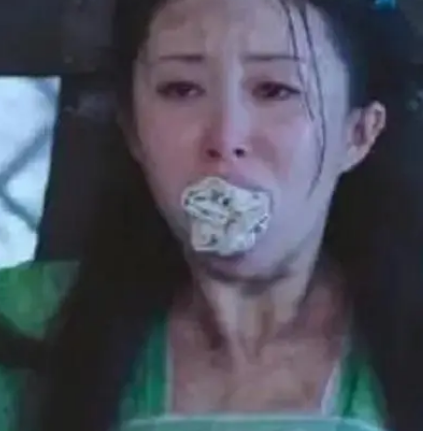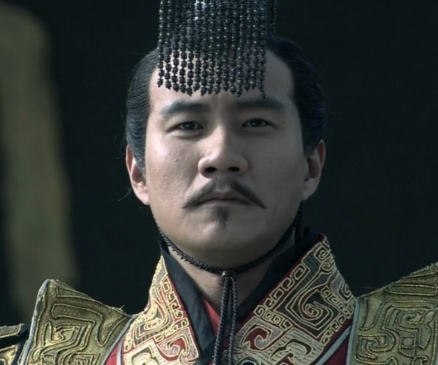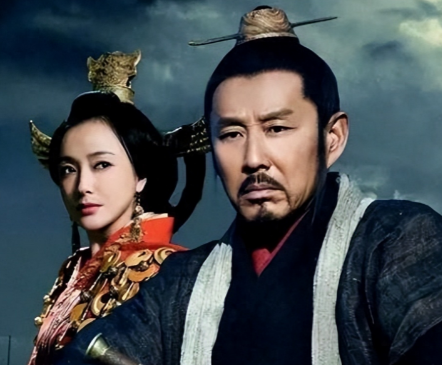In the long history of ancient feudal society in China, eunuchs were a special existence. They were the personal servants of the emperor, responsible for the internal affairs of the palace, and sometimes even participated in political activities. However, there are not many historical records about the existence of female eunuchs, which has sparked curiosity about their roles and identities.

Female eunuchs, also known as palace women, had a lower status in the palace and were mainly responsible for caring for the daily lives of royal female members. Unlike male eunuchs, female eunuchs were not circumcised, which is a common misunderstanding. In ancient times, physical harm to women was considered immoral, so female eunuchs did not undergo the circumcision that male eunuchs did.
However, this does not mean that the lives of female eunuchs were better than those of male eunuchs. Their lives were also full of hardships and suffering. They had to obey strict rules and had no private life, and even basic human rights were denied. Their lives were completely controlled by the palace and they had no freedom.
In addition, female eunuchs also needed to receive strict education and training. They needed to learn how to serve royal members, how to follow court etiquette, and how to handle various emergencies. These trainings were often very strict and sometimes caused harm to their physical and mental health.
Overall, female eunuchs were a part of the ancient Chinese palace, and their lives were full of hardships and challenges. Although they were not circumcised like male eunuchs, their lives were also full of bondage and oppression. This is the cruel reality of ancient feudal society and a historical lesson that we need to reflect on and learn from today.
Disclaimer: The above content is sourced from the internet and the copyright belongs to the original author. If there is any infringement of your original copyright, please inform us and we will delete the relevant content as soon as possible.































